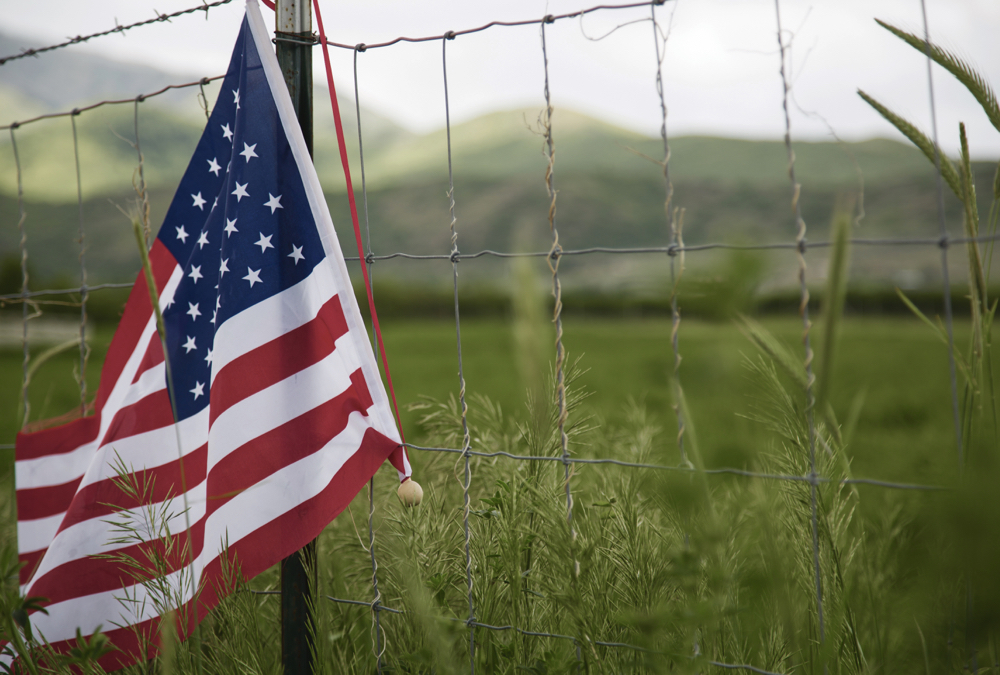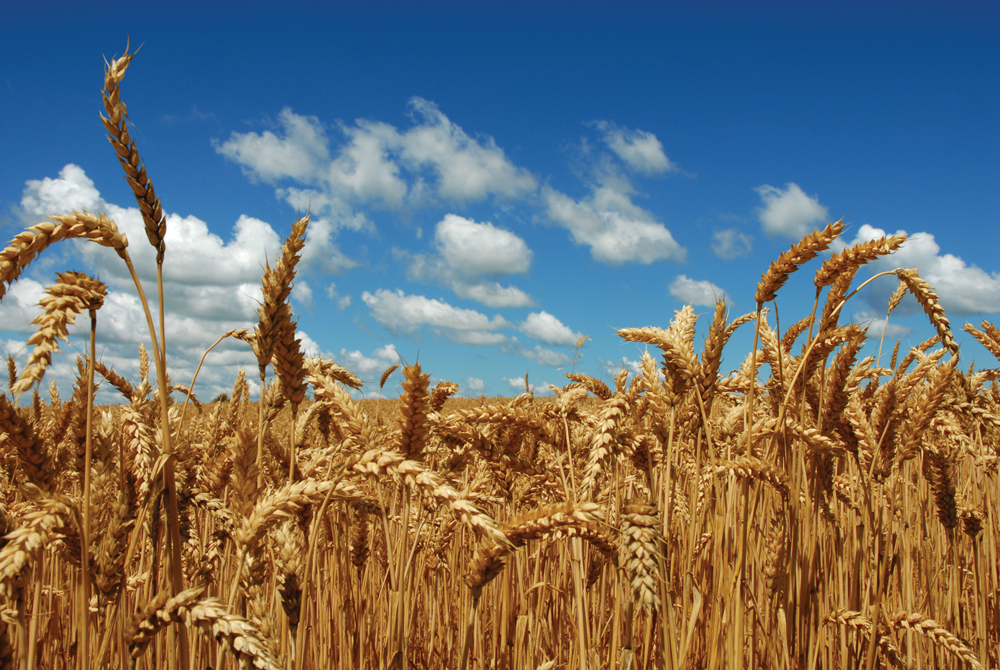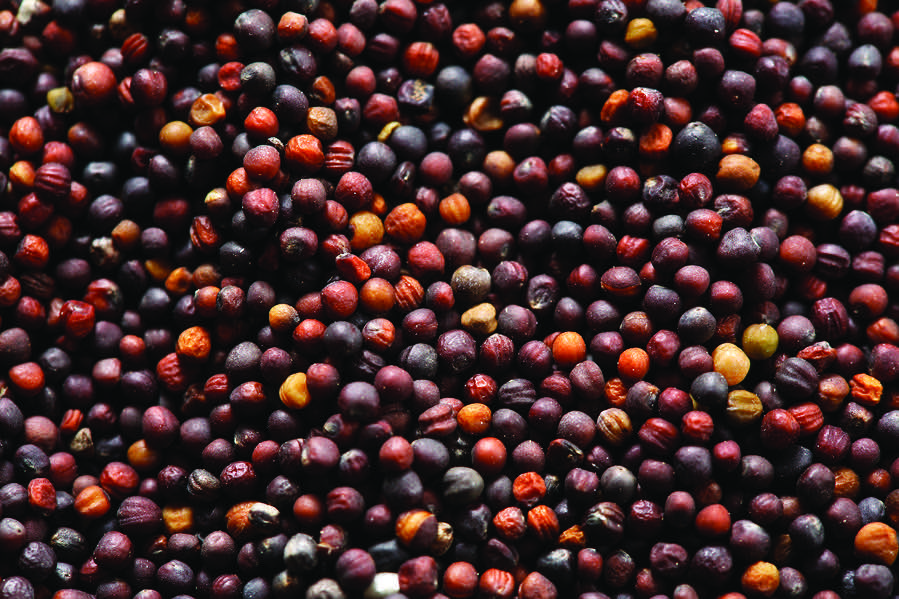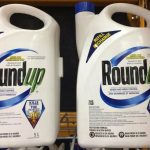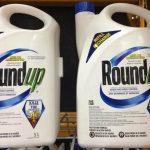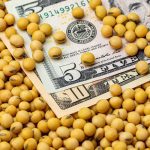Canada benefits from more trade agreements with more countries than virtually any other nation.
That makes sense, since we are a big, well-endowed country with large productive capacity, a relatively small domestic market, and we need to export. So Canada has long been a keen advocate of a robust, rules-based multilateral trading system, including effective dispute settlement mechanisms, all to help drive economic growth and broadly shared prosperity.
The United Kingdom is Canada’s third-largest trading partner. Two-way trade between our two countries is now worth about $43 billion annually. That’s about a billion British pounds every fortnight, and it’s roughly in balance.
Read Also

Deep cuts to ag research jeopardize Canada’s farming future
The huge cuts to ag research at Agriculture Canada are being widely panned by farm organizations, but there seems to be little hope of the government reversing its decision.
This relationship was previously governed by our Comprehensive Economic and Trade Agreement with the European Union. But when Britain exited the EU in 2020, it also exited CETA.
To facilitate ongoing Canada/U.K. trade while a new bilateral deal to follow CETA could be negotiated, a trade continuity agreement (TCA) was put in place early in 2021. One of the first trade deals successfully concluded by the U.K. after Brexit, the TCA with Canada is a good basic arrangement, providing mutual market access that is 98 per cent tariff free.
It will continue in effect until a new bilateral agreement is finalized, which is expected in 2024.
Meanwhile, a special temporary, post-Brexit measure that the U.K. requested with respect to its cheese exports, came to an end on Dec. 31, 2023. British cheese exporters enjoyed privileged access to the Canadian market because the U.K. was part of the EU. Instead of terminating those privileges immediately upon Brexit, Canada agreed to a transitional period which has now ended. That termination date has been well known since early in 2021.
The British would naturally like that Canadian market access for their cheese exports to continue, as if they were still part of the EU. But they’re not.
Exercising their authority as a sovereign state, the British decided to Brexit, and when they did, they left their cheese quota in Brussels. That is not Canada’s fault, and Canadians should not be asked to provide new extra quota to make up for what the British themselves left behind.
A saving grace here can be found in the U.K.’s application for membership in the Comprehensive and Progressive Trans-Pacific Partnership, the CPTPP. It too deals with cheese. Canada is a founding member of that partnership, and we were the first to publicly support the British bid to join.
The U.K. will be able to access tariff rate quotas for cheese into Canada, once it officially becomes a CPTPP member. It signed on to the principles of the CPTPP last summer. It and the 11 other countries originally in the deal (including Canada) are now going through their various ratification procedures to welcome the U.K. onboard.
And speaking of the CPTPP, not only does “membership have its privileges”, it also has its responsibilities.
The rules of the CPTPP say clearly and unequivocally that any border measures that affect trade flows between member countries must be rooted in sound science. They cannot be arbitrary. They cannot be hidden, non-tariff trade barriers. They must be justified on the basis of proven scientific principles.
This is directly relevant to the U.K.’s long-standing ban against Canadian beef products. That ban has no scientific justification whatsoever. It’s an entirely arbitrary non-tariff trade barrier that violates the rules of both the CPTPP and the World Trade Organization.
It’s also exceedingly unfair. Britain exports thousands of tonnes of beef into Canada, but hardly a morsel of Canadian beef gets into the U.K. A negotiated remedy needs to be found, or this issue will ultimately end up in dispute settlement litigation.
Every country has its trade sensitivities and they often relate to agricultural products. As between Canada and the U.K., we should encourage our respective producers, processors, consumers, scientists and regulators to engage in ongoing dialogue with one another to better understand each other.
We should also agree that we will not gratuitously trash each other’s food inspection and safety systems.
In each of our countries, those systems are fundamentally sound. Canada has an impeccable reputation for food quality and safety. Our standards are every bit as good as the best in the world. Our satisfied customers include the most discriminating markets on earth.
Specifically with respect to beef, Canada’s most significant food safety/health-of-animals problem in recent memory occurred 30 years ago when a case of BSE was discovered in animals imported, ironically, from the United Kingdom. That British-borne disaster cost the Canadian beef industry literally billions of dollars.
As a consequence, there is no doubt that Canadians embrace the highest food safety, quality and animal husbandry practices.
– Ralph Goodale is Canada’s High Commissioner for Canada in the United Kingdom of Great Britain and Northern Ireland.



